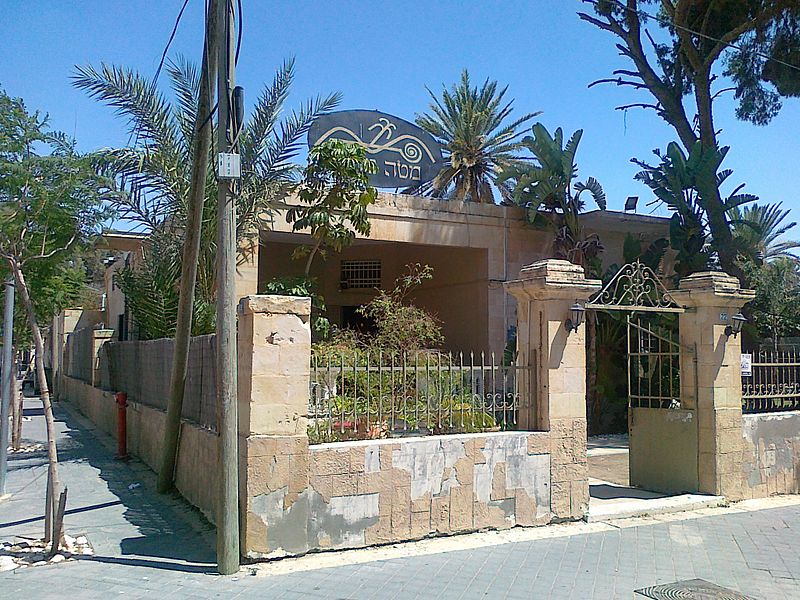29 Jan. Isaac moves to Beersheba
"Now there was a time of hunger in the land [of Canaan], besides the time of hunger that happened during Abraham's life. So Isaac went to the town of Gerar to see Abimelech king of the Philistines."
“The LORD appeared to Isaac and said, ‘Don’t go down to Egypt, but live in the land where I tell you to live. Stay in this land, and I will be with you and bless you. I will give you and your descendants all these lands, and will keep the oath I made to Abraham your father.’”
“‘I will give you many descendants, as hard to count as the stars in the sky, and I will give them all these lands. Through your descendants all the nations on the earth will be blessed. I will do this because your father Abraham obeyed me…’”
“So Isaac stayed in Gerar. His wife Rebekah was very beautiful, and the men of that place asked Isaac about her. Isaac said, 'She is my sister,' because he was afraid to tell them that she was his wife. He thought they might kill him so they could have her."
"Isaac lived there a long time. One day as Abimelech king of the Philistines looked out of his window, he saw Isaac holding his wife Rebekah tenderly. Abimelech called for Isaac and said, 'This woman is your wife. Why did you say she was your sister?' Isaac said to him, 'I was afraid you would kill me so you could have her.'..."
"Isaac planted seed in that land, and that year he gathered a great harvest. The LORD blessed him very much, and he became rich... He had so many slaves and flocks and herds that the Philistines envied him. So they stopped up all the wells the servants of Isaac's father Abraham had dug..."
"So Isaac left that place and camped in the Valley of Gerar and lived there... From there Isaac went to Beersheba. The LORD appeared to him that night and said, 'I am the God of your father Abraham. Don't be afraid, because I am with you. I will bless you and give you many descendants because of my servant Abraham.'"
"So Isaac built an altar and worshipped the LORD there. He also made a camp there, and his servants dug a well."
(Genesis 26:1-9,12-15,23-25)

Famine struck the semi-arid uplands of southern Canaan, so Isaac moved to the more fertile territory of the Philistines on the coastal plain. He settled in the Philistine city of Gerar where he pretended that Rebekah was his sister so she could join the king's hareem and the Philistines wouldn’t kill him.
Isaac had good harvests and the Philistines were jealous, so they filled in the wells that Abraham's servants had dug, and Isaac was asked to leave.
Isaac re-dug the wells in the Valley of Gerar. The local Philistine herdsmen then claimed one of Isaac’s new wells, so Isaac called the well Esek (meaning ‘Argue’). They then argued over another new well called Sitnah (meaning ‘Fight’) (see Genesis 26:18-21).
Isaac then dug another well with no opposition. So he called it Rehoboth (‘Room enough’) because “the LORD has made room for us, and we will be successful in this land” (Genesis 26:22)
Isaac was eventually forced by the Philistines to move to Beersheba. But God renewed his covenant promise and Isaac’s servants dug another well.
Abimelech, the king of the Philistines, made peace and Isaac prepared a feast. The new well was called Shibah (meaning ‘Promise’), “and that city is called Beersheba [meaning ‘Well of the Promise’] even now.” (Genesis 26:33).
The photo (by B Aswim) shows Beit Hanegbi in the Old City of Beersheba.
You can read more about Beersheba @ https://www.thebiblejourney.org/biblejourney2/24-the-journeys-of-isaac-jacob-joseph/isaac-moves-to-beersheba/
